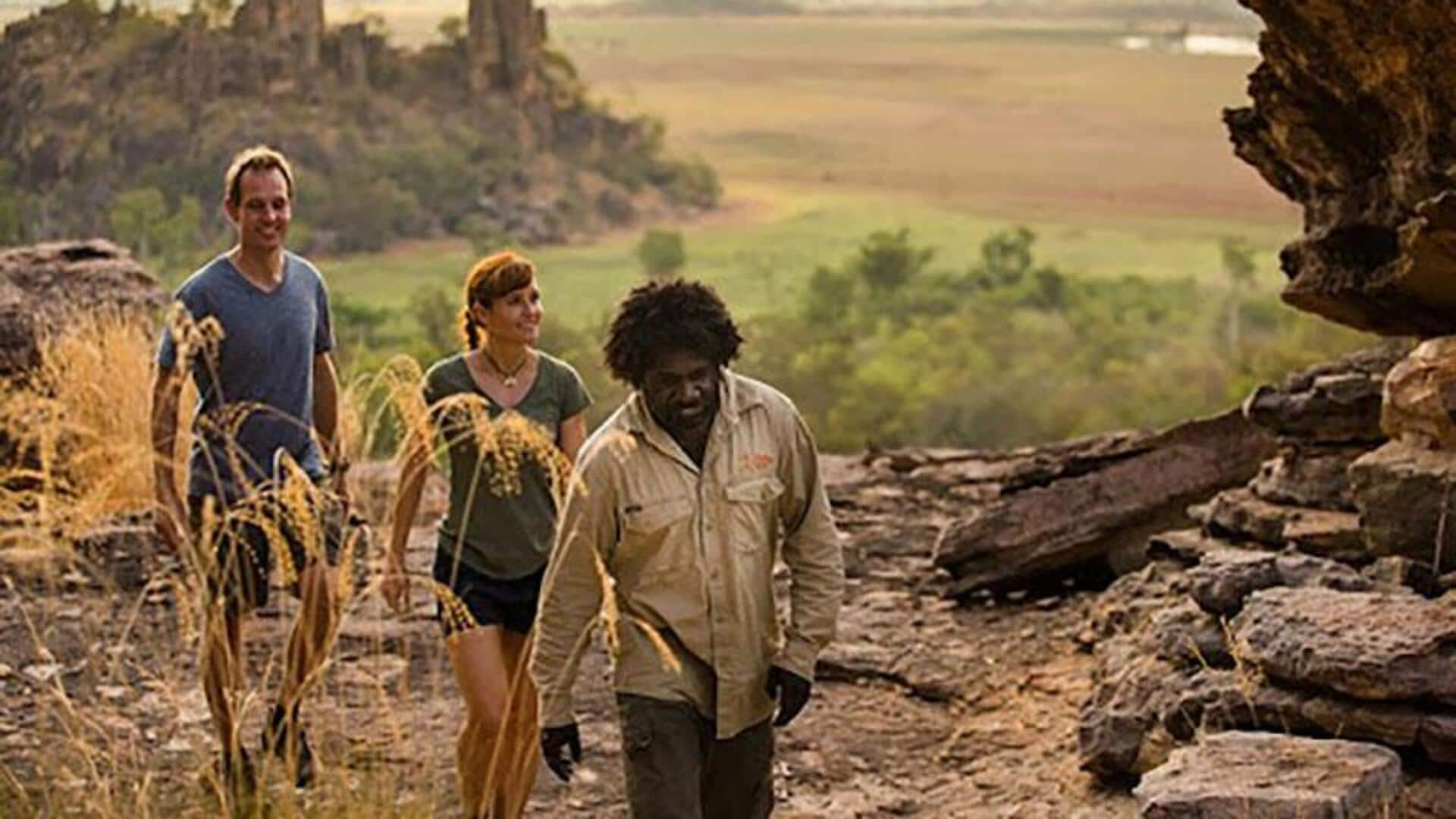
Indigenous tourism could add $67B to global economy by 2034
What's the story
The World Travel and Tourism Council (WTTC) has predicted that indigenous tourism could add a whopping $67 billion to the global economy by 2034. This type of tourism, which involves immersing oneself in the traditions and cultures of indigenous communities, is especially common in Oceania. The region comprises Australasia, Melanesia, Micronesia, and Polynesia.
Economic impact
Indigenous tourism's potential to drive economic growth
Julia Simpson, WTTC President and CEO, highlighted the economic and cultural importance of indigenous tourism at a recent summit. She said that "Indigenous tourism is not only about showcasing rich cultural traditions; it is about empowering communities, creating sustainable jobs, and ensuring that Indigenous people are in control of their own stories and economic futures." "This report demonstrates the immense potential of indigenous tourism to drive economic growth, particularly in remote regions, while preserving invaluable cultural heritage," she added.
Support initiative
WTTC launches initiative to support SMEs in tourism sector
The WTTC has launched 'Together in Travel,' a unique initiative to support small and medium enterprises (SMEs) in the global travel and tourism sector. The platform will equip SMEs with the tools they need to accelerate their business growth, and ensure their voices are heard on a global scale. The move is part of WTTC's broader efforts to promote sustainable growth in the tourism industry.
Environmental study
Tourism sector's environmental impact and economic growth
A recent study by the WTTC, in collaboration with Saudi Arabia's Ministry of Tourism, found that travel and tourism contributed to 6.7% of global emissions in 2023. This was down from 7.8% in 2019 when the sector peaked. The findings indicate that the sector's economic growth is outpacing its environmental impact, pointing to a shift toward more sustainable practices within the industry.
Travel trends
Business travel set to surpass pre-pandemic levels
Another report released by the WTTC predicts business travel will exceed pre-pandemic levels this year, hitting $1.5 trillion. The rise of remote working during the pandemic had a disproportionate effect on corporate travel, as opposed to leisure travel, with virtual platforms replacing face-to-face meetings. These findings highlight changing trends in the tourism industry amid ongoing global changes.